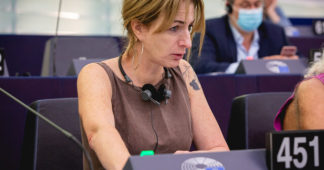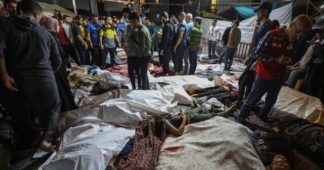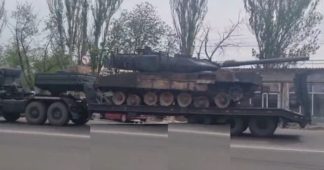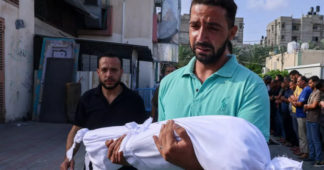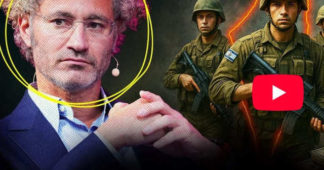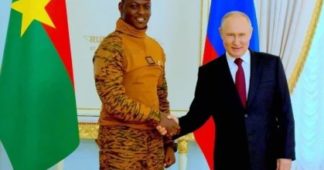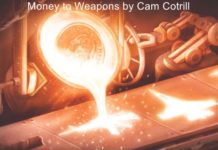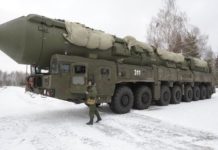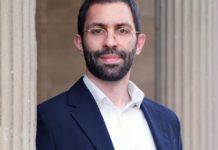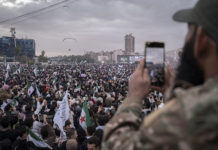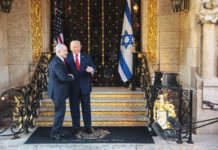With an ongoing genocide, people asked about why my wife and I donated retirement money and volunteer our time (with many other volunteers) for the Palestine Institute for Biodiversity and Sustainability (palestinenature.org) at Bethlehem University. What is so important about this to Palestine and to humanity and how does it relate to our other work for Palestine and why should you care?
First a bit of history. There is always a struggle of knowledge of local indigenous people shared for countless generations (in our case for 12,000 years of settled communities) and the colonial framework of knowledge. Local knowledge is always enduring but introduced colonial knowledge and practices aim to replace that. The Alliance Israélite Universelle was established in 1860 in France with the aim of increasing Jewish solidarity with each other and empowerment via education. The first on the ground activities of early Jewish colonizers in Palestine, long before Hertzl and the World Zionist Congress, were things like he Mikveh Israel Agricultural School in 1870 and Petah Tikveh Agricultural community 1878) followed by Rishon LeZion (1882). Why focus on agriculture? The early planners new that knowledge acquired from indigenous Palestinians and from other sources is power and that sustaining a colonial project requires gain of knowledge which is integral to gaining resources (including land). Also the local Palestinians have been farming for millennia (first evidence of domestication of plants and animals come from this part of the Fertile Crescent) and have accumulated knowledge that is indispensable for land utilization here (which is different than what existed in Europe where these early Jewish settlers/colonizers came from. As political Zionism slowly replaced religious and cultural Zionism, knowledge remained integral and plans became crystalized. The “Jewish Colonization Association”’ (JCA, founded by Baron de Hirsch in 1891) branched into the “Palestine Jewish Colonization Association” (funded by Rothschild). All used knowledge and connections to advance their project. Ben Gurion led in the 1920s-1940s advanced “scientific colonization” (colonization based on facts and figures etc.) stressing pre-planning & opportunism to achieve the goals. For example he set up a Plan Dalet for ethnic cleansing of Palestinians after significant study of the landscape and position of villages to be implemented in 1948 when conditions allowed it.
Before and during these developments, the local indigenous people were divided into three socio-economic categories: farmers, shepherds, and urban service people. The latter group tried (against Ottoman and later British resistance) to develop educational institutions to serve the growth of the communities in knowledge and empowerment. Schools in the early 19th century were supported by some religious communities (Christian, Muslim) or by foreign missions (e.g. Friends School in Ramallah 1889 and Schmidt’s Girls College, Jerusalem 1886). In the early 20th century we had things like the Arab College Jerusalem (1918) and Dar al-Mu’allimin (Teacher Training College), Jerusalem (1911). Many of the intellectuals who led the Palestinian struggle came from such centers of knowledge. Since 1948 and accelerating in the last few years there was/is a Zionist concerted effort to destroy the educational systems for remaining Palestinians in Palestine (see Qumsiyeh, M.B. and S. Banat .2024. Scholasticide: The ongoing colonial attack on Palestinian Higher Education. Science for the People. 26(3): 20-22, 46-47 https://www.palestinenature.
Many local people rely on their background interactions, family traditions and so on to shape their thoughts and actions. Sometimes they consider common sense and gut feelings (emotion) as key to their behaviors. This may result in random acts of what they believe are good forms of resistance. Sometimes revenge killing or attempts to kill the other. Since 1948 over half a million Palestinians were killed, 1.5 million injured, and 8.5 million remain refugees. Resistance was diverse as in other colonial situations. Popular resistance of diverse forms was successful historically (see my book “Popular Resistance in Palestine: A history of Hope and Empowerment” http://qumsiyeh.org/
-Knowledge of local, regional and global laws (treaties) can help defend rights
-Knowledge of environmental damage caused by colonization exposes the myths of colonizers (“making the desert bloom” and other lies)
-Knowledge of genetics and history/archeology helps dispel myths such as Jews leaving and coming “back” to Palestine
-Ethnology and cultural heritage studies advance knowledge of local Palestinian connectivity to the land for millennia.
-Knowledge of how our ancestors were able to live off of the land (without use pesticides and other harmful processes) helps us to reclaim food sovereignty. This includes guarding our local plant varieties via community seed banking/exchange
-Knowledge of rich biodiversity areas (fauna and flora) helps us design bottom-up programs of conservation and land reclamation
With your support, these and many more are actually programs implemented for the past few years and must/will expand at our institute (palestinenature.org). This is needed irrespective of political developments. Here is a short video to summarize important work being done (thanks to you) https://youtu.be/qt8OTGoS198 and a report on 10 year progress https://www.palestinenature.
Please email us (info@palestinenature.org) for more details and to help or renew your much needed help.
THANK YOU
Stay Humane and keep hope alive
Mazin Qumsiyeh
A bedouin in cyberspace, a villager at home
Professor, Founder, and (volunteer) Director
Palestine Museum of Natural History
Palestine Institute of Biodiversity and Sustainability
Bethlehem University
Occupied Palestine
http://qumsiyeh.org
http://palestinenature.org
facebook pages
Personal https://www.facebook.com/
Institute https://www.facebook.com/PIBS.
We remind our readers that publication of articles on our site does not mean that we agree with what is written. Our policy is to publish anything which we consider of interest, so as to assist our readers in forming their opinions. Sometimes we even publish articles with which we totally disagree, since we believe it is important for our readers to be informed on as wide a spectrum of views as possible.
